Ray Bradbury's Zen in the Art of Fiction
Chapter 7 & 8
No one succeeds all by themselves, and that includes Ray Bradbury. In his book Zen in the Art of Writing, he credits several individual who were critical to his literary success. In this episode we examine the roles these people took on and speculate how they might fit into our modern social-media driven world.
Then we have some fun with the chapter where Bradbury marvels that science fiction is now being taught in the classroom – Would you have ever imagined?? As people who read Fahrenheit 451 in high school English, why yes, yes we can. We transition Bradbury’s observations into the present with a discussion of the use of comic books and video games in modern education before speculating what next Entertainment will rise up to the status of an Artform..
The Writing Activity
Find five authors you admire and send them a thoughtful email.
A Series of Fortunate Events (and People) on the Road to Mars
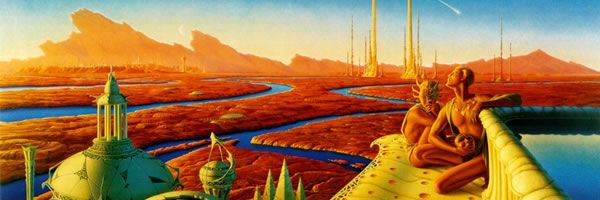
Bradbury tells the tale of his journey in 1949 from short story pulp writer to novelist of the famed Martian Chronicles Series. Bradbury’s network resembled that of the archetypes in the Writer’s Journey (or the Major Arcana in a Tarot Deck).
Bradbury's Major Arcana


Bradbury grew up on Corwin’s radio dramas from the 30’s and 40’s. After Bradbury sent Corwin a letter and some of his short stories, they became fast friends. Upon Corwin’s suggestion, Bradbury went to New York to make his big break as a writer.
Bradbury didn’t find Don Congden; Don Cogden found Bradbury. Yep, you read that right. No agent queries and rejections for Bradbury.
After reading Bradbury’s short stories, Congden contacted Bradbury and offered his services as his agent. Talk about being too good to be ignored!


The Lunch or The Editor or Walter I. Bradbury
With $30 bucks in the bank and a week at the YMCA for $5, Bradbury met with a litany of publishers who all took him to lunch. This is the type of “lunch” Madmen so accurately portrayed in the show.
Think cocktails and cigarettes and burgundy leather seats. This was New York in the 50’s, after all.
At a book signing for the first book of the Martian Chronicles, Bradbury met Christopher Isherwood, an editor and writer for Tomorrow Magazine, who promptly told Bradbury he was going to write his first review for the book.


From Mentor to Lunch then Agent then Editor, Publisher, and Reviewer, where else is there to go? The In-Crowd, where the heavyweights of philosophy sit around chatting the mysteries of the world in fancy clubs–or on floor of Bradbury’s livingroom floor, devoid of furniture because he had just moved to a house purchased with Martian money. Soon after, Bradbury found himself drinking tea with both Geral Heard and none other than Alduous Huxley, author of Brave New World.
On the Shoulders of Giants
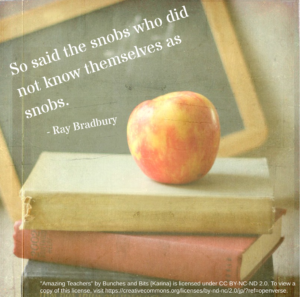
In this episode, Kim and Renee discuss Bradbury’s chapter, “On the Shoulders of Giants,” in which he focsuses on how and why Science Fiction and Fantasy became a legitimate literature deemed worthy by the powers that be (essentially, teachers and academia in general). The answer: the children. While learning was once a top down model (the teachers decide what the students read and learn from and the students learn), sometime in the sixties and seventies the poles of academia reversed and it was the students who pushed science fiction into the classrooms and libraries.
Comic Books & Video Games in the Classroom
Which makes us wonder…what’s the next thing to make its way into the classroom? For the last decade, comics and graphic novels–once considered too immature a medium–are now regularly listed on Freshman Composition syllibi. Persepolis, Watchmen, Maus and American Born Chinese, to name a few, are now studied, discussed, and written about at the college level. So what’s next?
Video Games. That’s right, video games aren’t just for entertainment anymore. Elementary schools use Minecraft to gamify their lessons. Even Renee assigns video game as a text in her Mythology and Folklore course. These games tell stories in more dynamic ways, teaching and informing our understanding not just as a protagonist in a story, but for learning cultural myths and legends.
In Never Alone, gameplay is interspesed with interviews with the Alaskan Native Community about customs and myths.
In Year Walk, you solve puzzles and participate Scandanavian myths and folklore in a quest to discover the truth about the past and the present.
We also discuss another game with a very teachable, narrative element called Unpacking. In this game, you unbox your items and decorate your room. As time goes on, you move and unpack new items, which both reveal who you are as your life unfolds.
Tribute: Alduous Huxley

A writer, editor, novelist, short story writer, poet and philosopher, Alduous Huxley wrote over fifty books. A pacifist with interests in both western and easter mysticism, he even chronicled his experience with mescalin in The Doors of Perception (link). Although he is mostly known for his dystopian novel, Brave New World, he was a prolific social satirist. As a screenwriter for Hollywood, he earned $3,000 a week ($50,000), the majority of which he spent helping Jewish and leftist artists and writers escape Nazi Germany. Huxley’s social circle included, among others, Gerald Heard, Jiddu Krishnamurti, and George Orwell. An informative and fascinating interview of Huxley with Mike Wallace can be found here: https://www.youtube.com/watch?v=alasBxZsb40 . In 1963, Huxley died of laryngeal cancer. However, at Huxley’s request, his wife administered LSD as he died “and he tripped his way out of this world” according to Christopher Bonanos’ New York Magazine’s article, “The Eclipsed Celebrity Death Club.”




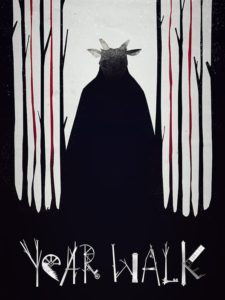

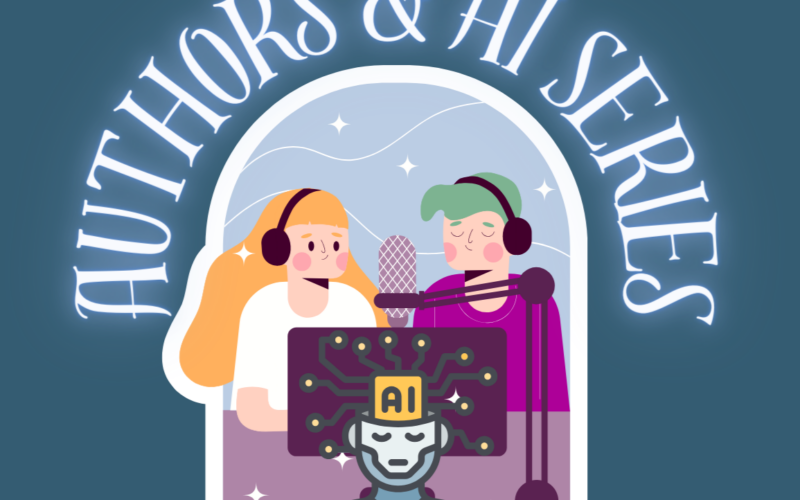


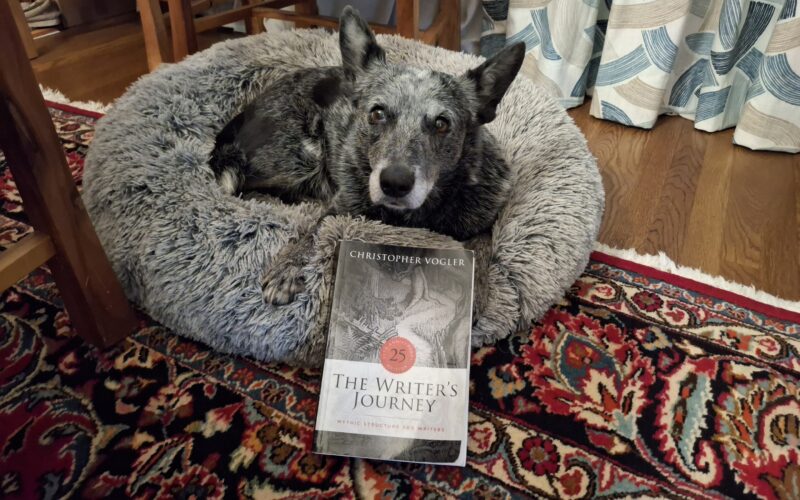

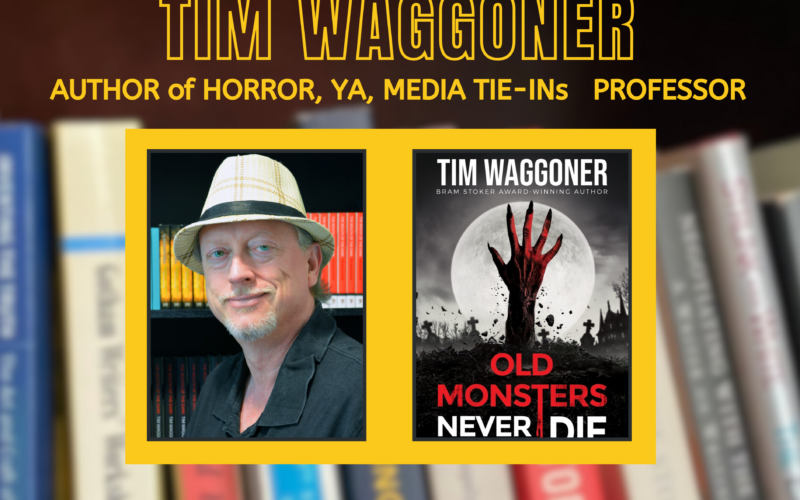



What’s Really Happening When AI Writes?
We've been putting AI chatbots through creative writing challenges, but what are these systems actually doing when they write? In this episode, we bring in AI expert Bill Moore....